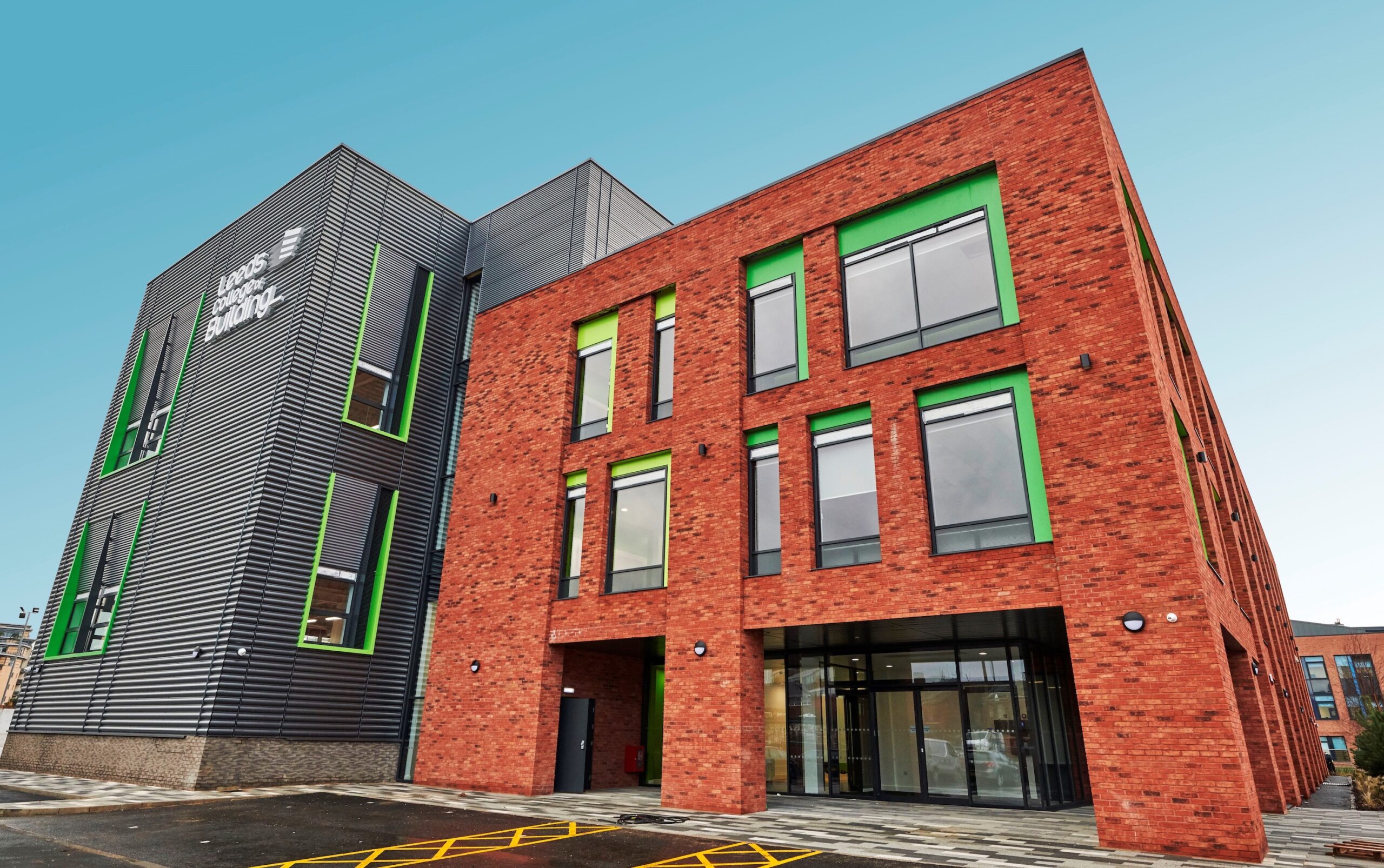A new apprenticeship for Commercial Gas Engineering Operatives has officially launched at Leeds College of Building.
The apprenticeship is the first of its kind in Yorkshire, and the first time the College has offered a commercial rather than domestic pathway for gas engineers. The training is aimed at individuals employed by gas, heating, and ventilation firms who specialise in business services.
Jim Branney, Curriculum Manager for Gas and Short Courses at Leeds College of Building, explained:
“Since changes were made to the entry requirements to allow people work in the gas industry, employers have been unable to easily tap into this kind of commercial gas engineering training. We have therefore been responsive to employer feedback and adopted a BPEC curriculum framework, endpoint assessment, and accredited certification specifically for these apprentices working in commercial organisations.
“The training is a little different to the domestic route as it’s not a qualification – it’s a managed learning programme leading to Gateway. The outcome is still an End Point Assessment and ultimately an apprenticeship certificate. Training is designed for those who need to know theories and safety procedures involved in the commercial installation, commissioning, decommissioning, or service and repair of gas appliances and associated equipment.”
Jim continued:
“This is probably one of only a handful of apprenticeship routes regionally into the commercial gas industry, yet there is a huge demand for trained professionals needed for thousands of opportunities nationally. This apprenticeship is an ideal route for individuals looking to specialise as commercial gas engineers.”
The new apprenticeship will cover statutory requirements such as health, safety and environmental legislation and regulation, along with maintenance of gas installations and appliances in accordance with industry standards.
Apprentices also learn about electrical and mechanical principles, energy efficiency, products, company rules, policies and procedures, risk assessments, tool maintenance, personal protective equipment (PPE), working on customer premises, effective communication, working with different trades, flue testing, pipework installation, ambient air testing, and identifying faults.
In the final three months of the apprenticeship, trainees submit a portfolio consisting of a Gas Safe® registration certificate, competency test, and work-log review which includes an interview with a Technical Expert. On achieving a pass or distinction, apprentices will be eligible for membership with the Institution of Gas Engineers and Managers (IGEM) professional registration as an Engineering Technician (EngTech).
Applicants should be aged 16 or over and ideally already be employed or have secured a work placement. Those unable to find an apprenticeship can apply for a study programme at Leeds College of Building and switch over to an apprenticeship at any point when a vacancy becomes available. Visit the Leeds College of Building website for more details about how to apply or to enquire about training your employees.
